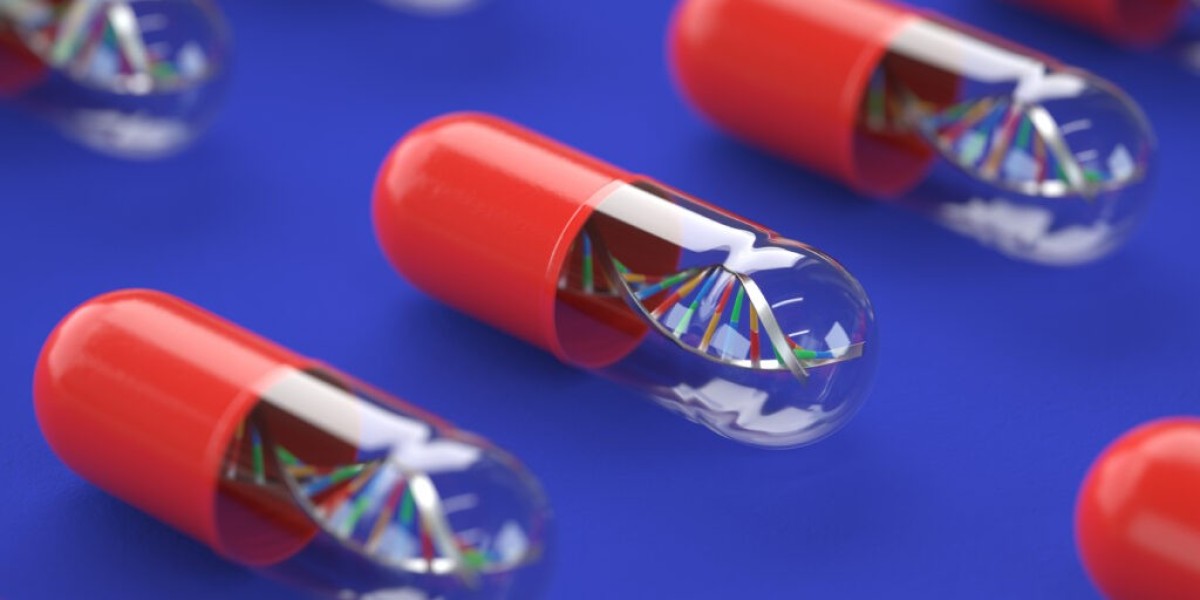What are Antisense Oligonucleotides?
Antisense oligonucleotides (ASOs) are short synthetic strands of DNA or RNA that are designed to bind to target messenger RNAs (mRNAs) in the body. Once bound, ASOs interfere with or alter gene expression through various mechanisms such as blocking translation of mRNA, degrading the target mRNA via activation of RNase H, or modifying RNA splicing. This targeted gene silencing offers a new way to treat genetic disorders and other diseases caused by abnormal gene expression.
Mechanism of Action
There are three main mechanisms by which antisense oligonucleotides exert their therapeutic effects:
1. RNase H recruitment: ASOs containing DNA nucleotides recruit RNase H enzymes, which degrade the target mRNA to which the ASO is bound. This cleavage prevents protein production from the target gene.
2. Steric blocking: ASOs may also bind to the target mRNA and physically block translation without degradation. This steric hindrance prevents ribosomes from accessing and translating the mRNA.
3. Alterative splicing: Some ASOs are designed to hybridize to pre-mRNA sequences involved in splicing. By masking or modifying splicing signals, they can direct splicing towards inclusion or skipping of specific exons, ultimately changing the final protein product.
Therapeutic Applications
Given their ability to specifically suppress target genes, ASOs have therapeutic potential for a wide range of diseases:
- Neurological disorders: This includes spinal muscular atrophy (SMA) caused by loss of the SMN1 gene. ASOs like Nusinersen work by promoting inclusion of exon 7 in the SMN2 gene to restore SMN protein levels.
- Cardiometabolic diseases: Antisense oligonucleotides are being evaluated for lowering lipoprotein(a), a causal risk factor for heart attacks and strokes. Ionis Pharmaceuticals has several drugs in development.
- Liver diseases: Volanesorsen by Ionis targets production of apolipoprotein(C-III) to treat severe hypertriglyceridemia and fatty liver disease.
- Neuromuscular disorders: Several Duchenne muscular dystrophy (DMD) programs employ exon skipping to induce a reading frame shift and restore the production of truncated but functional dystrophin protein.
Advantages Over Other Gene Therapies
Target Specificity
ASOs bind directly to target mRNA through Watson-Crick base pairing, allowing exquisitely specific suppression of selected genes with minimal off-target effects. This overcomes hurdles associated with techniques like RNA interference which rely on imperfect base complementarity.
Delivery Methods
While viral vectors dominate other gene therapy platforms, ASOs can be easily delivered to tissues via local or systemic administration without viral components. This lowers potential immunogenicity and manufacturing costs.
Dose Responses
As antisense oligonucleotides work in a concentration-dependent manner, efficacy can be controlled and side effects potentially minimized by modulating doses. Large preclinical and clinical data sets also enable optimizing properties such as dosing regimens.
Regulatory Advances
Novel ASO chemistries and formulation advances have improved distribution, uptake and potency. Together with a strong safety profile established over 25+ years of antisense drug development, this positioned early candidates such as nusinersen and volanesorsen for rapid approvals by regulatory agencies.
With over 30 antisense oligonucleotides drugs in clinical trials across a wide range of therapeutic areas, the sector is poised for significant growth over the next decade according to analyst reports. Biopharma giants like Pfizer, Johnson & Johnson and Roche are also actively investing in this new wave of precision medicines. ASO therapeutics represent a promising pathway to address previously undruggable targets at the root of many debilitating diseases.
Get More Insights on antisense oligonucleotides
For Better Understanding, Choose your preferred language-
About Author-
Money Singh is a seasoned content writer with over four years of experience in the market research sector. Known for her strong SEO background, she skillfully blends SEO strategies with insightful content. Her expertise spans various industries, including food and beverages, biotechnology, chemical and materials, defense and aerospace, consumer goods, etc. (https://www.linkedin.com/in/money-singh-590844163)










